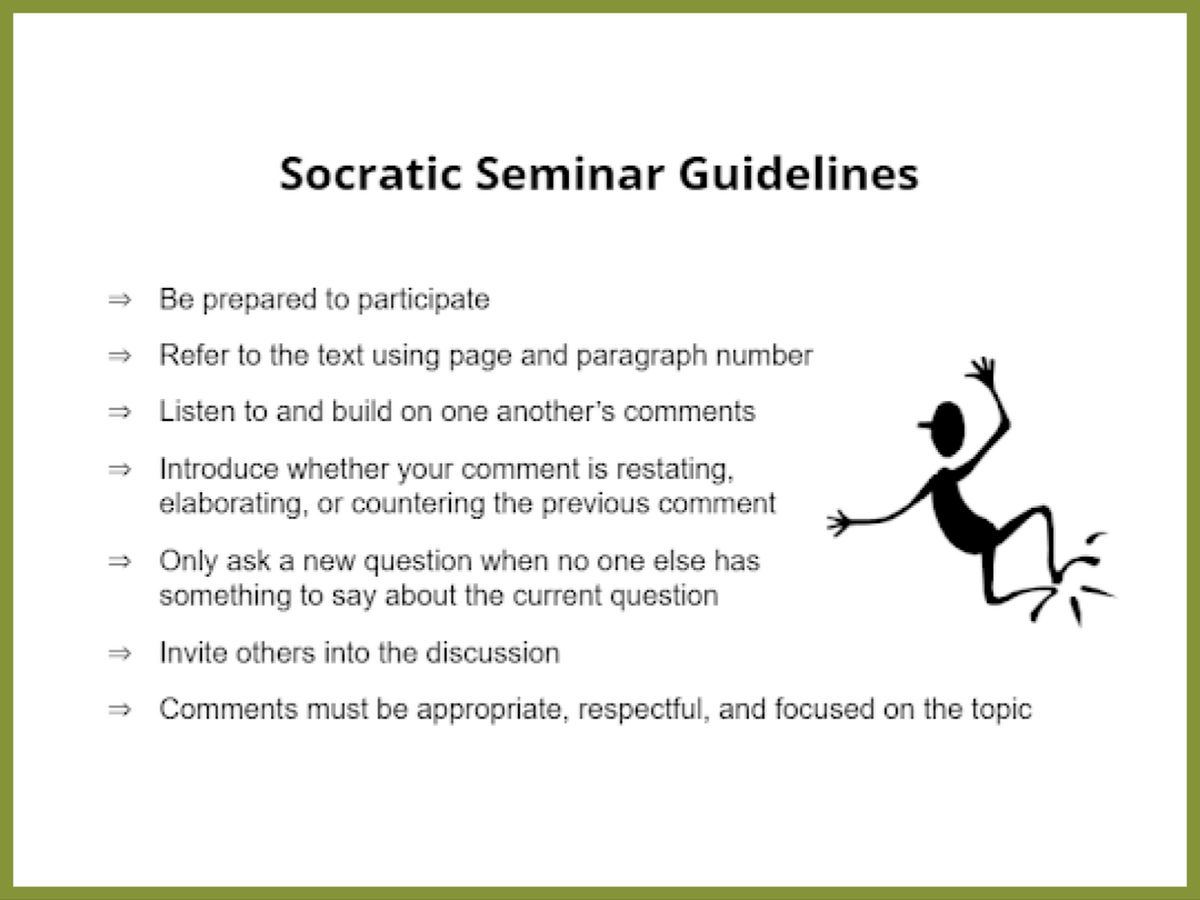 How can we develop our students’ capacity to hold productive conversations about difficult topics?
How can we develop our students’ capacity to hold productive conversations about difficult topics?
Across the country, students are taking the lead in defining and acting on issues that fundamentally impact their lives. How do we, as educators, help prepare them to engage in the difficult conversations that are an essential part of social discourse and civic engagement?
We have the responsibility to ensure that these conversations are productive and, while potentially uncomfortable, take place in a safe space. Open-ended discussions and even structured debates can easily devolve into hostile exchanges of entrenched positions. Building on foundational conversational skills, the strategies in this set are designed to help students empathetically examine issues from multiple angles, look for commonality, and clarify areas of conflict as steps toward examining and refining their own positions.
Conversations in the Classroom
How can teachers develop meaningful and constructive dialogue in the classroom?
The ability to engage in productive academic conversations is a skill that must be taught and scaffolded. Until they learn these skills, simply asking students to discuss a prompt in pairs or groups will yield frustrating results. There are many excellent strategies to help students do this, a few of which are offered here.
RESOURCES - Academic Conversations
Deliberative Discourse
How do we help prepare students to engage in the difficult and controversial conversations that are a part of action civics and social discourse?
Now more than ever, we need a way to engage our students in controversial conversations about difficult topics. This protocol provides a structured approach that encourages students to examine issues from multiple angles, look for commonality, and clarify areas of conflict among stakeholders.
Unlike debates, in which students listen in order to refute, this approach encourages students to listen in order to understand and build empathy. It allow students to examine different viewpoints in order to refine, articulate and defend their own emerging informed positions.
This protocol is deeper if it follows the ‘Problem Analysis’ and/or ‘Stakeholder Analysis” strategies.
RESOURCES - Deliberative Discourse
Deliberative Discourse for Difficult Conversations:
- Protocol for Deliberative Discourse (G.Doc)
- Organizer for Student Research & Relflections (G.Doc)
- Stakeholder Prompts & Notes Organizer (Sample)
- Teacher Planning Guide (G.Doc)
- Teacher Implementaion Guide (G.Doc)
Additional Resource:
- Framework for Teaching Controversies - A research-based framework for strategies to guide teachers in their teaching of controversial issues. (External Link)
- The Day After - Classroom Discourse Guide for Difficult or Controversial Topics - Chicago Public Schools (External Link)
Socratic Seminar
How do we encourage students to take ownership over the inquiry and learning process?
Socratic Seminar is a popular format to promote student-led inquiry and exploration of a topic of interest. Following jigsawed research on a topic, students engage in inquiry and dialogue, offering their evidence-based thoughts and reflections.
RESOURCES - Socratic Seminar
-
Socratic Seminar Model, Student Organizers and Rubric (UCBHSSP)
-
Socratic Seminar - Edutopia Article (external link)
World Cafe
How can large group conversations engage all participants in a ‘small group’ setting?
One challenge in whole-class discussions is providing opportunities for all voices to be heard. The tendencies for some voices to dominate while others hold back, exacerbated by the constraints of time, make deep, whole-group conversations difficult.
The World Cafe focuses discussion on three related prompts, mixing the students in small grouping across multiple rounds. In the end, everyone has discussed each of the prompts and had an opportunity to talk with every other participant.
RESOURCES - World Cafe
- Overview & resources from the World Cafe foundation (external link)
- World Cafe Instructions Slides (G.Doc)
- Table Signs - Template (G.Doc)
- Notes Template: Google Docs (one set per table)




